
What our clients say
Don’t just take our word for it.
Take a read-through of what our clients have to say about us!
Contact us
- All
- activity-comment
- activity-comment-author
- Conference
- Conference
- core-user-registration
- Creative
- Creative
- Europe
- Event Planning
- Experiential
- first-event-base
- friends-request
- friends-request-accepted
- groups-details-updated
- groups-invitation
- groups-member-promoted
- groups-membership-request
- groups-membership-request-accepted
- groups-membership-request-rejected
- Incentive
- Incentive
- Insights
- International
- News
- Operations
- Quick Links
- settings-verify-email-change
- Sustainability
- Top Level Menu
- Trends
- UK
- Virtual
- Virtual
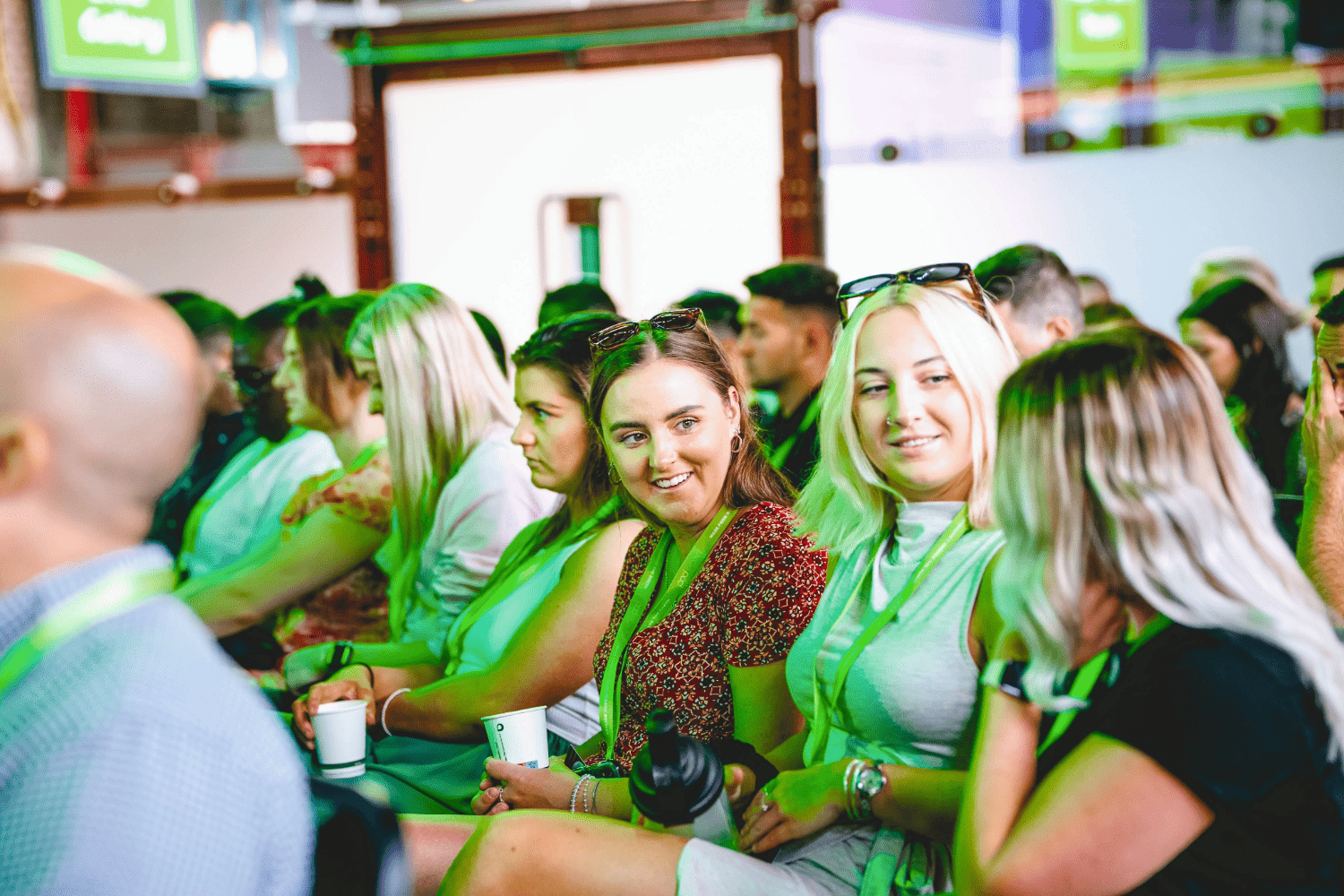
Why Events Are the Cure for Loneliness – And How Brands Can Build Community
In an age of constant digital connectivity, loneliness is on the rise. In 2023, 8.4 million people in the UK lived alone, and remote work has only heightened the situation. The average Brit now has just 3.7 close friends, down 30% in a decade. We may be more "connected" than ever online, but the need for in-person, authentic connections is stronger than ever.
That’s where events come in. People aren’t just attending events—they’re investing in them to build real connections and fight loneliness. In fact, in Q3 of 2024, UK companies boosted their event budgets by 9.9%, and the UK events market is set to hit $139.9 billion by 2032. But how can brands tap into this growing demand and use events to build meaningful communities? Let’s dive in.
Events Combat Loneliness and Foster Connection
Loneliness is a growing concern, but events are a solution. 41% of UK shoppers say local events help create a sense of togetherness. In an era dominated by social media and digital interactions, events provide a rare space for real, unfiltered connections that last long after the doors close. They allow people to engage in meaningful, vulnerable conversations—something that’s hard to replicate online.
How Brands Can Build Community Through Events
- Create Safe Spaces for Authentic Connection
Design events that allow for real, raw conversations about mental health, personal growth, or shared interests. These spaces help foster deeper, more meaningful relationships. - Focus on Community Over Transactions
People don’t want to feel like just another attendee—they want to belong. Build events around shared values like sustainability, wellness, or hobbies. Aligning your event with a purpose helps attendees connect beyond transaction. - Facilitate Cross-Generational Connections
Loneliness isn’t limited to one generation. Design events that bring together people of all ages. This could include mentorship programmes, panel discussions, or collaborative workshops, which help bridge generational divides. - Prioritise Intimacy and Empathy
Massive conferences are impressive, but people crave intimate experiences. Focus on smaller, personal events that allow for meaning. - Encourage Post-Event Connection
The sense of community shouldn’t end when the event does. Build in opportunities for attendees to stay connected through online communities, follow-up meetups, or ongoing events. This ensures the sense of belonging continues.
Events as a Catalyst for Change
Events are more than just an opportunity to showcase your brand—they’re a platform for brands to help combat loneliness and foster community. In today’s world, people are looking for more than just surface-level connections—they’re looking for belonging. And events are the perfect way to deliver that.
To discover what audiences truly want from events and learn how to foster a sense of community and belonging with your attendees, download our Unlocking Experiences report. Explore what different generations expect from events and future-proof your experiences with purpose and lasting impact.
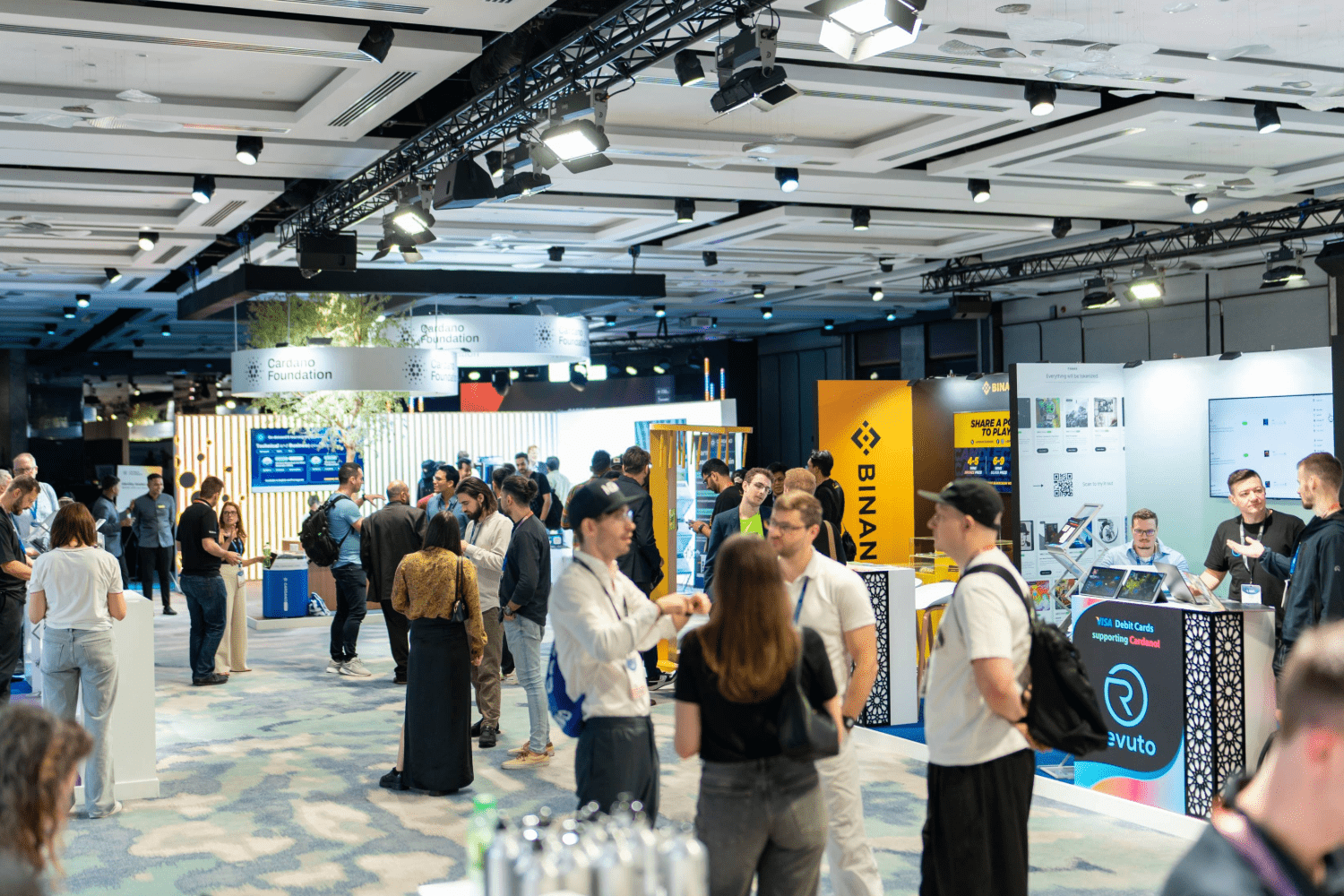
The Marketing Illusion: Why digital alone won’t cut it anymore
The latest IPA Bellwether Report confirms what leading marketers already know: events aren’t just back, they’re dominating.
In Q4 2024, events emerged as the top-performing marketing category with a record-breaking net balance of +12.3%, the highest in the survey’s history. And this isn’t a temporary spike; investment in live experiences is set to continue to climb throughout 2025 and 2026 as businesses double down on face-to-face engagement.
Why? Because in a world of algorithm shifts, declining engagement and relentless digital noise, live experiences offer something no other channel can - undivided attention.
Digital fatigue is real - Marketers are losing the battle for attention
Marketers are being pulled in every direction, investing in paid, earned and owned media while grappling with shifting consumer behaviours. The explosion of digital channels has led to fragmentation, making it harder than ever to create meaningful engagement. Attention spans are shrinking, ad fatigue is real, and brand-building tactics that once worked are losing impact. Marketers are not just competing with direct competitors - they're battling for seconds of attention in an endless sea of content.
The numbers tell a stark story. Research from Forrester indicates that 65% of B2B buyers disengage from brands that provide generic digital content, while Gartner reports that 80% of B2B buying decisions involve direct human interaction, even in a digital-first world. Meanwhile, event-generated content earns 4x more social media engagement than static digital campaigns. This is where live experiences change the game.
The ROI wake-up call: Events are the smartest investment in marketing right now
The data speaks for itself - events aren’t just holding their own; they’re outperforming every other marketing category. The latest Bellwether report shows that businesses are making a renewed, long-term commitment to live experiences because they deliver measurable returns. Events build brand equity and drive immediate action, making them one of the few channels that deliver short-term impact and long-term growth.
Digital campaigns might provide reach, but events deliver results. Deals that might take months to nurture online are being closed in days through face-to-face interactions. While digital advertising fights rising costs and declining engagement, events deliver results that marketing teams can’t afford to ignore. Unlike online ads that compete for milliseconds of attention, live experiences create immersive, distraction-free environments where brands can build genuine connections.
According to the Event Marketing Institute, 74% of attendees leave an event with a stronger opinion of a brand, and 70% go on to become regular customers. It’s why Bizzabo reports that 87% of executives are increasing their event budgets - because face-to-face engagement converts at a higher rate than digital marketing leads. Events don’t just generate brand awareness; they accelerate pipeline movement, making them one of the smartest investments in today’s cluttered marketing landscape.
The science is clear: People remember experiences, not ads
Events tap into something deeper than clicks and impressions - they create moments that last. Neuroscience tells us that emotionally charged experiences are stored more vividly in our memory. This is known as ‘flashbulb memory’ - the reason we remember powerful, real-world moments far more clearly than yet another ad scrolling past our feed.
Beyond memory, there’s also the impact of shared experiences. When people come together in a live setting, they don’t just absorb information, they feel it. This amplifies emotional connection and brand loyalty. The result? Attendees don’t just engage in the moment - they carry that engagement with them, becoming brand advocates long after the event is over.
Smart events: The data goldmine that marketers are ignoring
Events are no longer just about the experience on the day - they are a goldmine of data, feeding into smarter, more targeted marketing strategies. With seamless CRM integration, brands can track attendee engagement, capture real-time insights and personalise follow-ups with pinpoint accuracy. Every interaction at an event - who attended which session, who engaged in conversations, who showed buying signals - translates into actionable intelligence that drives revenue.
This isn’t vanity metrics; this is real behavioural data that gives marketers the power to make smarter, faster decisions. In an era where AI and automation dominate digital marketing, the ability to blend deep human connection with intelligent data is what sets brands apart. Events don’t just create moments; they create momentum, fuelling ongoing engagement and long-term brand loyalty.
The brands winning in 2025 are investing in experience, not just exposure
The IPA Bellwether findings send a clear message. Live events aren’t just surviving in the marketing mix; they’re thriving. In an era of rising promotional spend, smart businesses are putting long-term brand building at the forefront, using experiences to drive both emotional connection and bottom-line impact.
As businesses plan for 2025 and beyond, the most successful brands won’t just be seen and heard - they’ll be experienced.
In a world oversaturated with content, the real challenge is standing out in a meaningful way. How does your brand ensure it isn’t just another name in a crowded digital feed, but a presence that commands attention, drives action and delivers lasting impact? In a world saturated with marketing messages, the ability to create meaningful engagement is what sets brands apart - not as a standalone tactic, but as a force multiplier that amplifies digital, content and brand strategy.
The brands that will lead in 2025 and beyond will be the ones that embrace the power of presence, bringing people together in ways that digital alone simply cannot achieve. The question is, how will your brand rise above the noise and create real, lasting engagement?
At First Event, we design experiences that command attention, forge emotional bonds and inspire action. Because in an age of distraction, the most valuable commodity isn’t content. It’s connection.
Ready to turn live experiences into real business impact? Let’s talk about how we can help your brand accelerate deals, strengthen customer loyalty, and drive measurable growth through powerful events. Get in touch with us today.
Written by Claire Knox, Marketing & Communications Director, First Event
Claire has 25 years of experience in marketing across B2B and B2C sectors, having worked both agency-side and in-house. At First Event, she is driving the company's growth as a full-service event agency, setting the direction for how the brand engages with clients, partners and industry talent, while strengthening the company’s end-to-end services. Known for her approachable and collaborative leadership style, Claire fosters strong relationships with teams and stakeholders alike. Claire is skilled in strategic thinking, creative problem-solving, and aligning teams with a clear vision, always bringing energy, focus and a forward-thinking mindset.
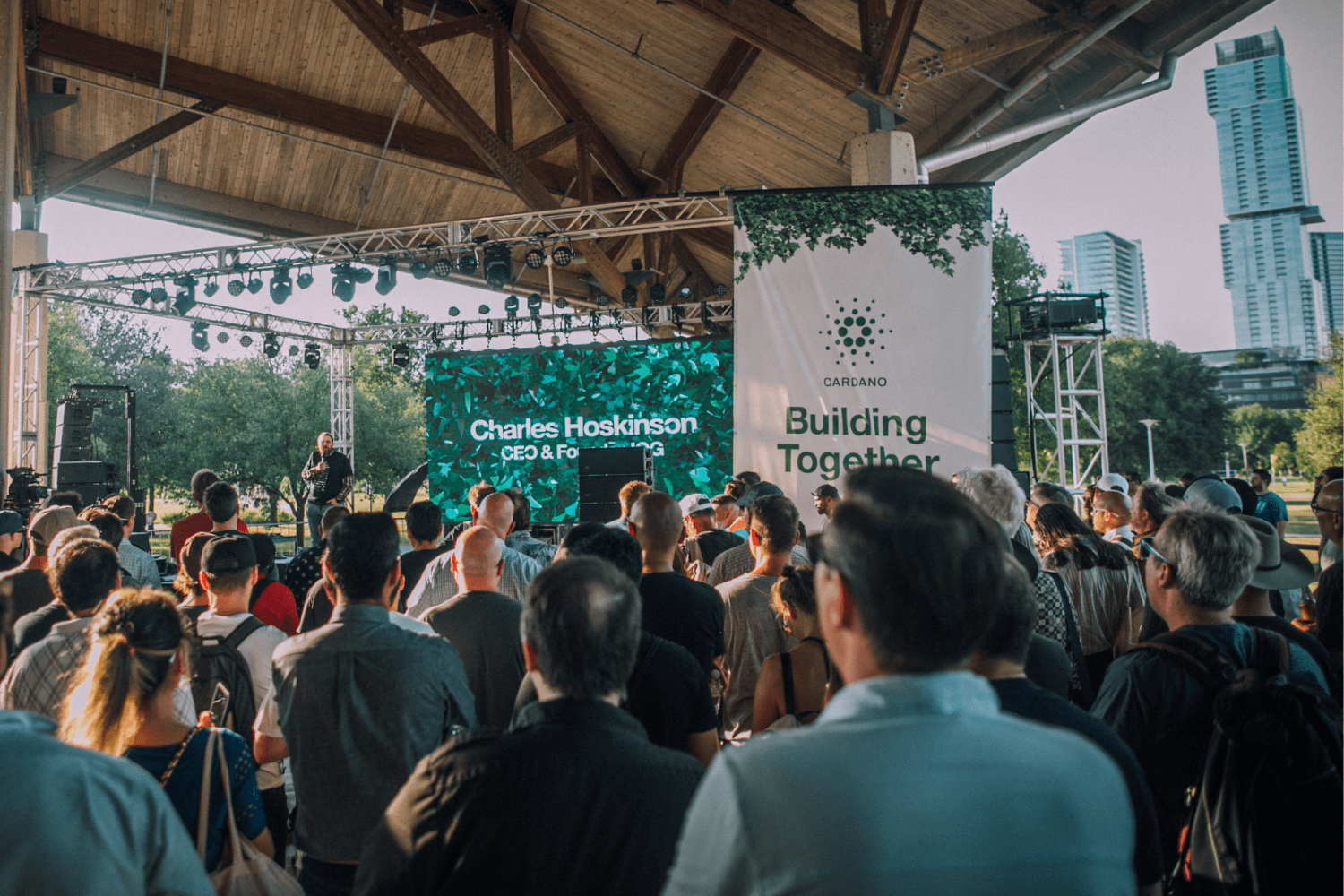
How to Align Your Event Strategy with Attendee Values and Drive Meaningful Impact
Now more than ever, attendees are seeking experiences that reflect who they are and what they care about. And it’s not just talk, 35% of UK office workers say they’d consider quitting their job if their employer took no action on climate change. That same level of accountability is now being applied to brands and the events they host.
So, how can your events not just align with attendee values, but actively champion them?
1. Start with substance, not slogans
Today’s audiences are savvy. They’ve seen the greenwashing, the rainbow washing, and the hashtag activism that fades after a marketing campaign ends. Pop-up events are being dismissed as “expensive Instagram gimmicks” by 55% of Gen Z, who are increasingly sceptical of surface-level experiences.
The takeaway? Ditch the gimmicks. Instead, embed your values into every layer of your event—venue selection, supplier choice, waste management, and even your speaker lineup. Authenticity shines through when action backs up intention.
2. Make it easy to do good
Attendees want to engage with causes they care about, but friction kills intention. Want to drive real impact? Make it simple. Integrate donation options into your registration flow, provide carbon offsetting at ticket checkout, or host hands-on workshops that turn awareness into action.
Remember: people are looking for events that help them live out their values. When you remove barriers, you unlock their power to make a difference.
3. Tell stories with impact
Want to show attendees that your event aligns with their values? Don’t just say it, show it. Use real stories and data to illustrate your impact. Did your event divert waste from landfill? Power itself with renewable energy? Raise funds for a grassroots charity?
Wrap those wins into a compelling narrative. This is where Values Storytelling becomes your secret weapon. Use post-event wrap-ups, social content, and on-site activations to make attendees feel part of a bigger mission.
4. Create space for belonging
Every generation is seeking connection and meaning. Boomers feel underrepresented, millennials are climate-conscious, and Gen Z craves honesty and inclusivity. Your event can become a space where these audiences feel heard, seen, and valued.
That means spotlighting diverse voices, encouraging open dialogue on important issues, and ensuring your messaging is inclusive.
5. Co-create with your audience
Your attendees don’t just want to be talked at, they want to be involved. Build a feedback loop that allows them to share their views and shape future experiences. This not only improves your event’s values alignment, but also strengthens loyalty and advocacy.
In short: values aren't a trend—they’re the new foundation of experience design. Align your event strategy with what people care about, and you’ll not only create moments that matter—you’ll inspire movements that last.
Ready to create events that mean more? Your audience already is. Contact us today.
For more on this, download our latest ‘Unlocking Experiences’ report to dive deep into how your brand can connect with the different generations through events.
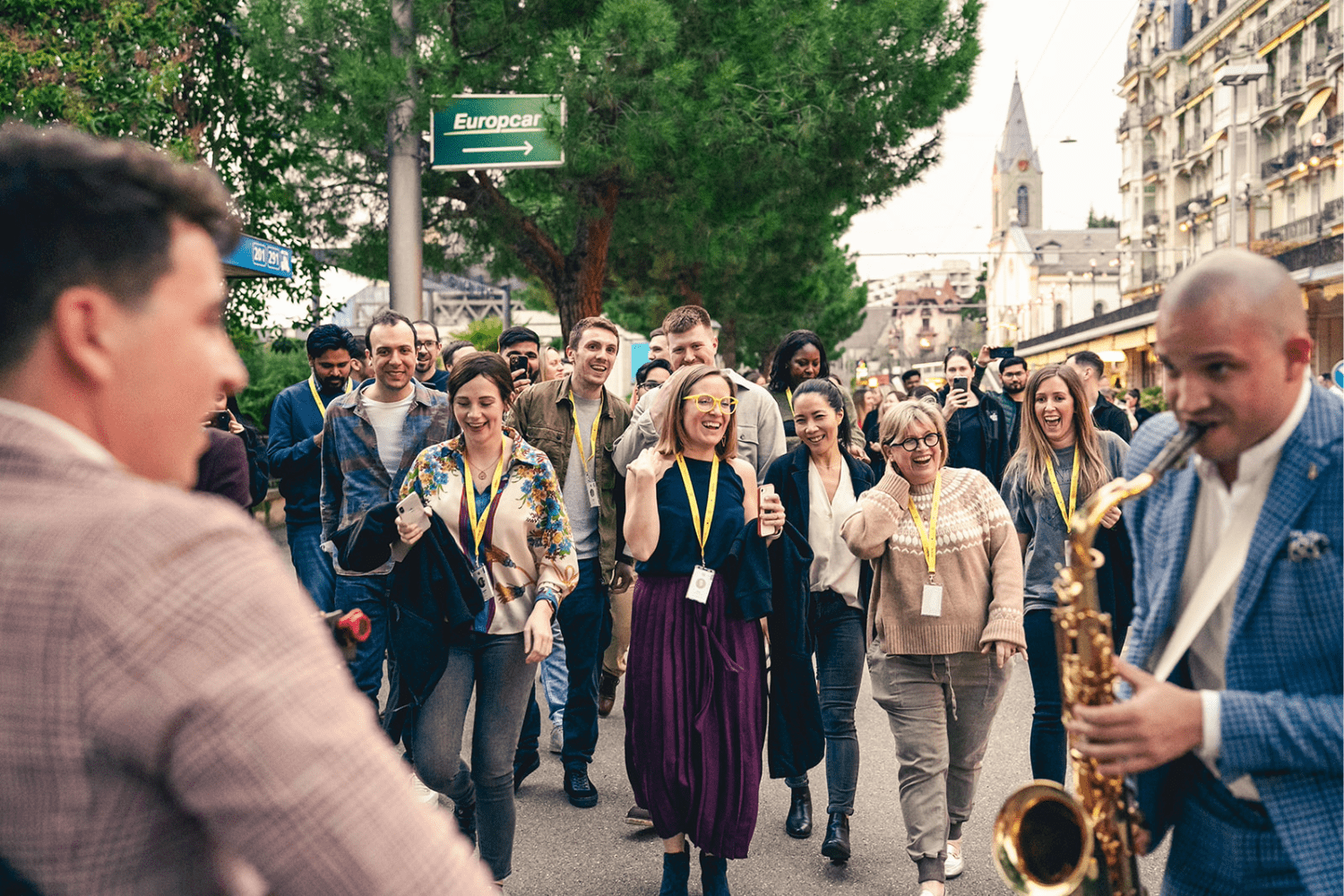
Why Attendees Demand Events That Align With Their Values
impress your attendees. Today, people expect more. They want events that resonate with their values, support meaningful causes, and offer a space to connect authentically. Values are no longer a side dish at events; they’re the main course.
Value-Led Spending on the Rise
Consumers are increasingly seeking brands and experiences that align with their values. Yet, with rising concerns about greenwashing and rainbow washing, people are becoming wary.
In fact, if the proposed UK legislation passes, 4 in 10 big businesses could face greenwashing fines.
The message is clear: authenticity matters. Events that fail to walk the talk risk losing trust and credibility.
What Does This Mean for Events?
Creating a value-aligned event isn’t just about slapping a charity logo on your stage or planting a tree for every attendee. It’s about weaving meaningful actions into the entire event experience.
Take this: 37% of Brits say they’re more likely to buy from brands that donate to charities. That mindset extends to event experiences, too. Attendees want to see that your commitment to causes isn’t just for show — they want it embedded in your content, your partnerships, and your purpose.
Generational Shifts in Expectations
Value-driven expectations vary across generations, but the underlying desire for meaningful engagement is universal.
Gen Z: 55% of Gen Zers say pop-up events are just gimmicks and a waste of time. Instead, they crave experiences that provide real value — events that educate, empower, or promote social good.
Millennials: With 43% of millennials willing to have fewer children due to climate change concerns, they’re drawn to events that offer practical solutions or inspire hope for a greener future.
Boomers: With 66% of women over 46 feeling unseen in mainstream media and 31% of men stating their social well-being is ignored by healthcare providers, events that foster connection and representation hold real value for this group.
Making Value-Led Events a Reality
So, how do you create an event that champions values in a way that feels authentic and impactful?
- Collaborate with Purpose: Partner with charities, sustainability experts, or social causes that align with your event's message.
- Embed Values in Every Touchpoint: From eco-friendly catering to inclusivity in speaker line-ups, every detail should reflect your chosen values.
- Foster Dialogue: People want spaces where they can engage in meaningful conversations about social issues. Create forums, panels, or breakouts dedicated to these discussions.
- Offer Actionable Impact: Attendees appreciate clear ways to contribute — whether it’s signing a pledge, donating, or engaging with grassroots initiatives.
The Future of Events is Value-Driven
As consumers continue to demand authenticity, events have an incredible opportunity to become platforms for meaningful change. By aligning with what matters most to your audience, you won’t just attract attendees — you’ll inspire loyalty, trust, and positive impact.
Want to dive deeper into how different generations expect events to evolve? Join our upcoming Webinar on the 22nd April, Unlocking Experiences: What different Generations Expect from Events.
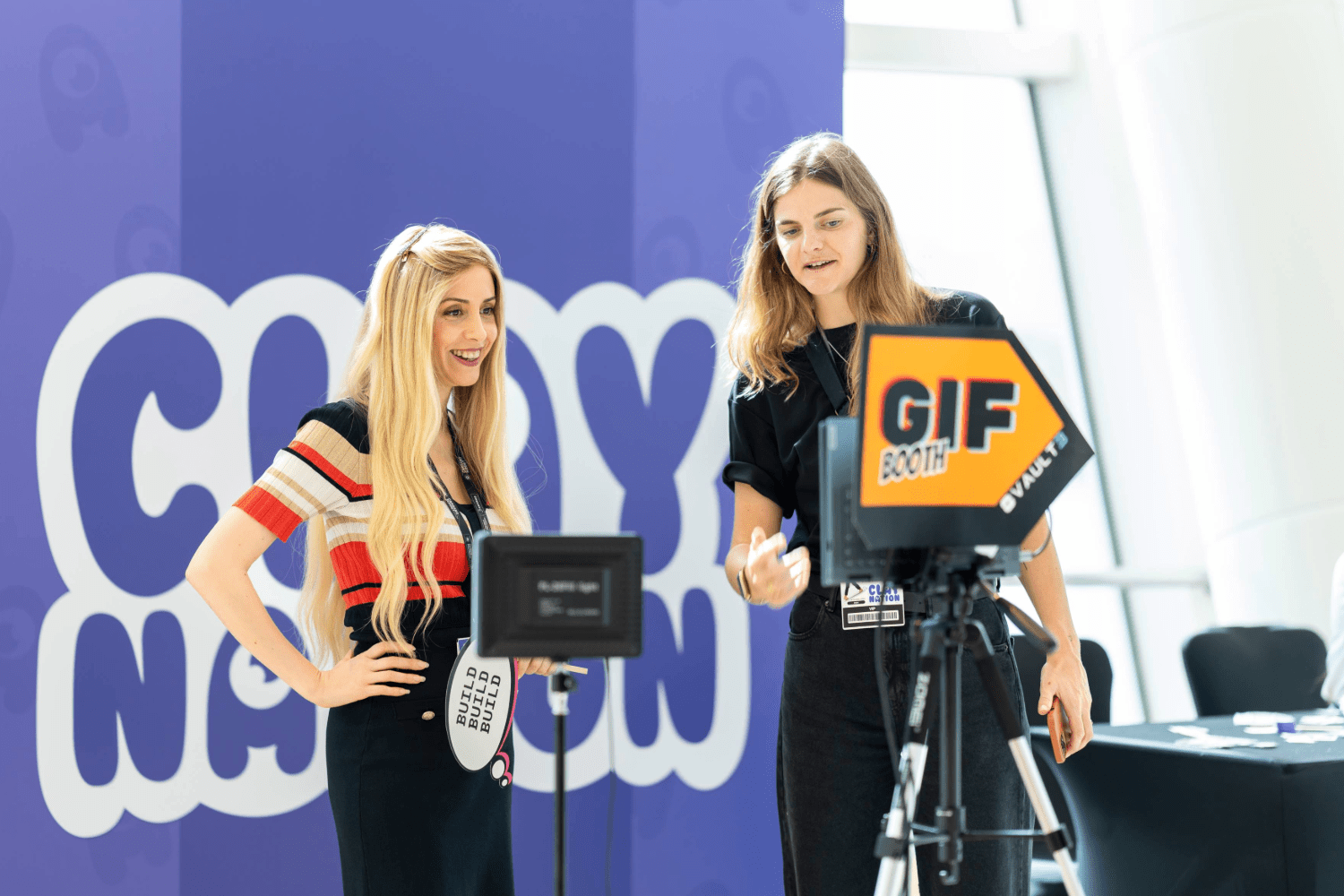
How to Use Tech to Enhance Human Connection at Events
Technology often gets a bad rap for creating distance between people. But what if we flipped the script? What if, instead of pulling us apart, tech could bring us closer together?
As event planners, we have the power to harness technology in a way that enhances human connection rather than overpowering it. The key? Striking the right balance. Too much tech, and your event feels cold and impersonal. Too little, and you risk missing opportunities to engage audiences in new and exciting ways.
What Are People Actually Looking for in Events?
Think about the resurgence of raves, listening bars, and ‘phygital’ (physical + digital) events. These aren’t about going completely off-grid; they’re about using technology in a way that complements human experiences. In fact, 44% of B2B event attendees globally say they want technology that makes engagement easier. But what does that actually look like in practice?
Tech Expectations: A Generational Lens
Different generations engage with technology in different ways. So, how do their expectations compare?
Gen Z: Gen-Z have grown up with tech, and they expect seamless digital integration. But here’s the kicker: they also love analogue experiences, think vinyl records and digital camera revivals. Want to impress them? Create immersive experiences alongside interactive physical installations.
Millennials: Millennials expect tech to enhance connection, not replace it. They want real-time event updates, interactive apps, and social media integration that makes networking effortless.
Gen X: This group sits in the sweet spot between digital convenience and traditional engagement. They’re not shying away from tech (smartwatch purchases among Gen Xers have jumped 28% since 2021), but they also appreciate a balance.
Boomers: Boomers are one of the UK’s most online generations, but while they’re tech-savvy, accessibility is key. Overcomplicated event tech is a turnoff, so keep it simple and intuitive.
How to Create Tech-Enhanced Human Connection
So, how do we strike the perfect tech balance at events? Here are a few ideas:
- Flexible Tech: Not everyone wants to be glued to a screen. Create spaces where attendees can choose between high-tech and low-tech interactions. Think digital networking lounges alongside analogue, screen-free social areas.
- Sensory Experiences: Technology shouldn’t just be about screens—engage all the senses. Offer sound-based experiences, tactile interactions, and immersive lighting to create a truly multi-dimensional event.
- Interactive Event Apps: Make your event app work for attendees: personalised agendas, interactive maps, and AI-driven networking suggestions can take engagement to the next level.
- AR and VR: Augmented and virtual reality can create deeper engagement—whether it’s through virtual product demos, immersive storytelling, or interactive workshops.
Tech isn’t going anywhere…
But the way we use it is evolving. Striking the right balance is key to ensuring that events feel engaging, immersive, and, most importantly, human. Want to dive deeper into how different generations expect events to evolve? Join our upcoming Webinar on the 22nd April, Unlocking Experiences: What different Generations Expect from Events.
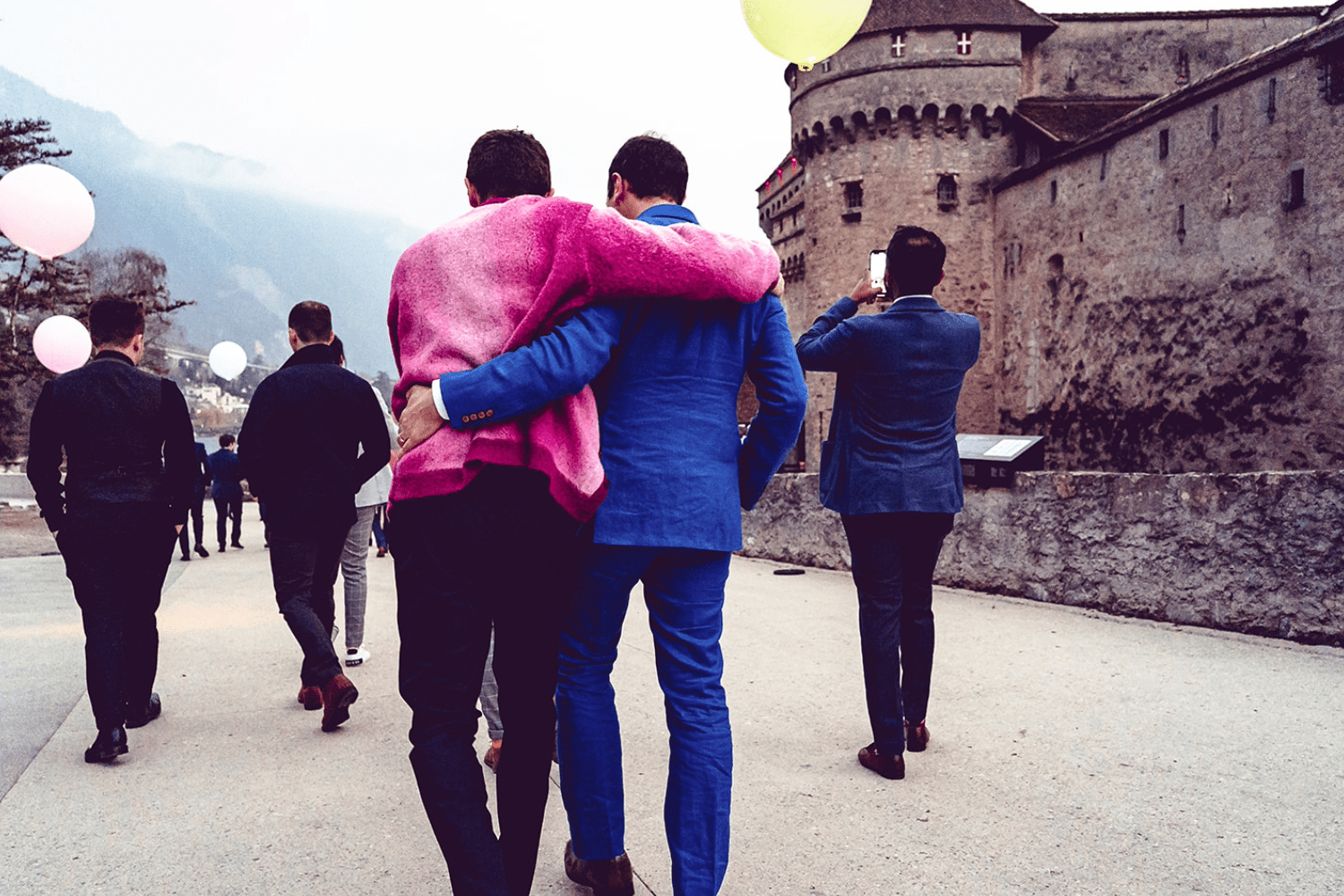
What Gen Z Can Teach Us About the Power of Tangible Experiences
While digital experiences dominate our everyday lives, Gen Z is leading the charge in redefining the value of real-world interactions. Despite being the first digital-native generation, they’re craving authentic, tangible experiences that leave lasting memories. Here’s why businesses should pay attention.
Keep It Real: Gen Z Wants Authenticity
Gen Z is all about real connections. They value transparency, and 59% say that a brand’s authenticity matters more than its reputation (Deloitte, 2022). For them, meaningful in-person moments far outweigh polished digital campaigns. If businesses want to engage Gen Z, they need to offer genuine experiences that foster trust and connection.
Experiences > Stuff: Why Memories Win
Gone are the days of materialistic spending. Eventbrite found that 78% of Gen Z prefers spending on experiences over products. This trend highlights a desire to create lasting memories rather than accumulate possessions. Brands that focus on immersive, experience-driven marketing—think live events, pop-ups, or interactive activations—are more likely to win Gen Z’s loyalty.
Tech Meets Real Life: When Digital and Physical Collide
While they’re immersed in digital, Gen Z isn’t abandoning the physical world. They expect tech to enhance real-world experiences, with 60% saying they enjoy experiences that integrate digital tools like augmented reality (PWC, 2023). Blending tech with tangible moments—whether through AR in stores or hybrid events—appeals to Gen Z’s desire for interactive, personalised experiences.
Squad Goals: Community Is Everything
Gen Z values community and social causes, with 72% prioritising being part of a community and 62% engaging with brands that promote inclusivity (McKinsey). For brands, this means creating experiences that align with these values, whether through charity events, sustainability-focused activations, or inclusive experiences that foster connection.
It’s All About You: Personalisation is Key
Gen Z expects personalised experiences. Statista reports that 63% are more likely to engage with brands offering tailored experiences. Personalisation, whether through customised event experiences or exclusive offers, is essential for building deeper connections with this generation.
The Future is Experiential
Gen Z is teaching us that tangible, authentic experiences are the future of consumer engagement. Businesses that embrace these preferences—authenticity, experiences over products, community, and personalisation—will be better positioned to connect with this powerful consumer group. The brands that get this right will stand out in an increasingly experience-driven world.
Want to dive deeper into this trend? Check out our latest report to learn more about the future of experiential marketing and how your brand can connect with the next generation.

Why Upskilling Needs to Be the New Networking at Events
Think about the last event you attended. Did you spend most of your time nodding through small talk and hoping a new connection would magically lead to your next big opportunity?
Networking is great—but without the skills and insights to back it up, it’s empty conversation. And in a world where workplace loneliness is on the rise, events can’t just be about transactional handshakes and LinkedIn swaps, they need meaning. The professionals who thrive today aren’t just well-connected. They’re well-equipped. That’s why upskilling needs to be the new networking.
The upskilling wake-up call
Here’s the deal; life’s moving fast, and people want experiences that actually help them get ahead. Did you know that a total of 63% of Brits believe the skills required for their jobs will evolve significantly over the next five years. Yet, over half of employees think it’s their employer’s job to support their development. The message is clear: professionals want to grow, but they need the right opportunities.
Many people are already making that shift. In 2023, nearly half of UK adults actively participated in learning—the highest rate since at least 1996. Meanwhile, 41% of UK organisations used external conferences and events as part of their learning and development initiatives. Attendees are no longer content with only expanding their professional circles; they want real, career-changing growth.
When networking meets upskilling
The best professionals don’t just “meet people.” They bring value to every conversation. That happens when you combine networking with upskilling. Here’s how:
- Start with learning, then let the networking flow. Offer skill-based sessions that give attendees fresh takeaways to discuss—turning small talk into meaningful conversations.
- Create spaces for collaboration. Ditch the awkward mixers and dull presentations. Attendees will bond over shared experiences like hands-on workshops.
- Before the event, invite attendees to share their goals. Use this to curate agendas, mentorship opportunities, and tailored learning paths based on their career ambitions.
- Learning shouldn’t stop when the event ends. Provide post-event development plans, guided reflection exercises, or follow-up learning to inspire action.
By weaving upskilling into your event design, you’ll foster genuine connections and help attendees grow long after the event ends.
Generational perspectives on upskilling
Upskilling isn’t one-size-fits-all, what it means to one generation can be completely different for another. By understanding these generational perspectives, you can create experiences that resonate.
- Millennials: 91% prioritise career progression, seeking upskilling opportunities that lead to real career advancement.
- Gen X: As many feel their digital skills are underestimated, they value learning formats that introduce new technologies while respecting their expertise.
- Boomers: With many embracing “flextirement”, events that focus on coaching and leadership skills hold strong appeal.
Lead the upskilling revolution
At the start of 2024, a quarter of UK adults couldn’t name a single achievement they were proud of from the prior year. Events have the power to fill that void by creating transformational learning experiences. Networking alone doesn’t cut it anymore, it’s time to level up events. Make your next one a perfect blend of authentic networking and valuable upskilling, get in touch today.
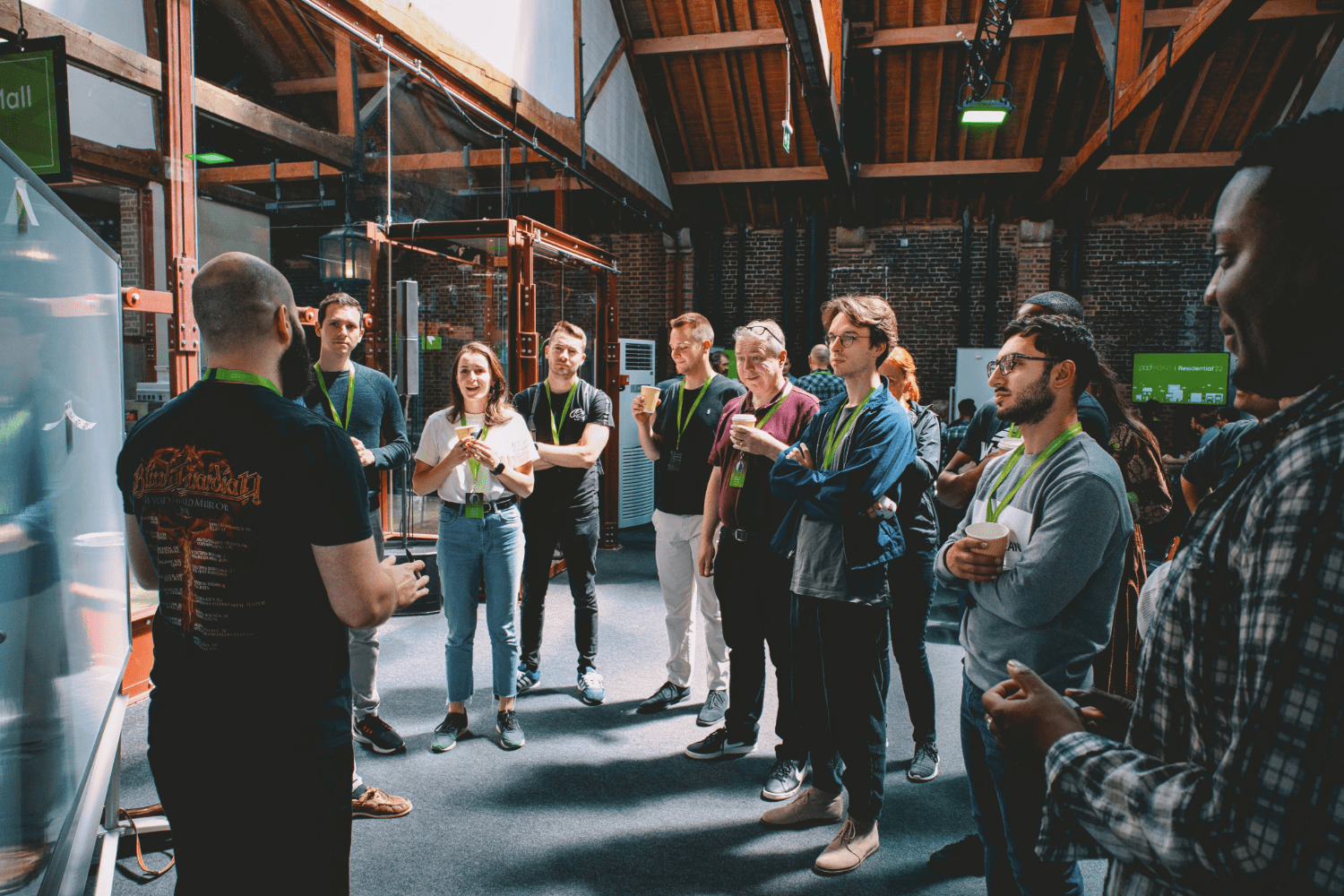
Upskilling at Scale: How Events Support Lifelong Learning for Modern Workforces
Traditional networking is dead, and upskilling is the new power move at events. In today’s fast-moving world, staying competitive means continuous learning. In 2023, almost half of UK adults engaged in learning, highlighting the growing importance of upskilling. Events have become essential in this process, offering both personal and professional growth opportunities for today’s workforce. Here's how:
Events as Learning Powerhouses
No longer just about networking or entertainment, events are now vital for upskilling. Did you know that 41% of organisations in the UK use external events as part of their learning strategies? The focus has shifted from just exchanging business cards to creating transformative experiences that inspire and motivate attendees. Research shows that 73% of attendees prioritise personal growth at events, and 35% expect to leave feeling inspired.
Personal and Professional Growth Combined
Events offer more than just technical skills—they foster personal breakthroughs too. Consider this: 25% of UK adults couldn’t recall a single achievement from the previous year. Events provide the perfect platform to boost confidence, gain new perspectives, and recognise growth. Whether through keynotes, workshops, or hands-on activities, events help attendees grow both personally and professionally.
Tailoring Learning for Different Generations
To truly maximise impact, events must cater to a multi-generational workforce:
- Millennials: Focus on career progression, wellbeing, and networking opportunities.
- Gen X: Recognise their expertise while offering fresh skills and growth.
- Boomers: Provide leadership development and coaching opportunities.
Maximising Learning Impact
So, how can organisers ensure their events are upskilling attendees effectively? Here’s how:
- Personalisation: Tailor sessions to attendees’ goals and learning needs.
- Interactivity: Incorporate live Q&As, gamification, and workshops to keep attendees engaged.
- Networking: Create structured opportunities for meaningful connections beyond casual conversations.
- Storytelling: Use compelling narratives that emotionally resonate with your attendees.
- Actionable Takeaways: Offer frameworks and time for reflection to solidify learning and ensure attendees leave with practical knowledge.
The Future of Upskilling Through Events
As the demand for continuous learning grows, events are more crucial than ever in keeping workforces adaptable and ready for the future. Whether helping millennials advance, enabling Gen X to grow, or empowering boomers to stay engaged, events are leading the charge in lifelong learning.
Ready to make your next event an upskilling powerhouse? Let’s connect and create an experience that’ll leave attendees with valuable skills, memorable moments, and a sense of personal achievement.
Contact us today to explore how we can help you craft your next transformative event!
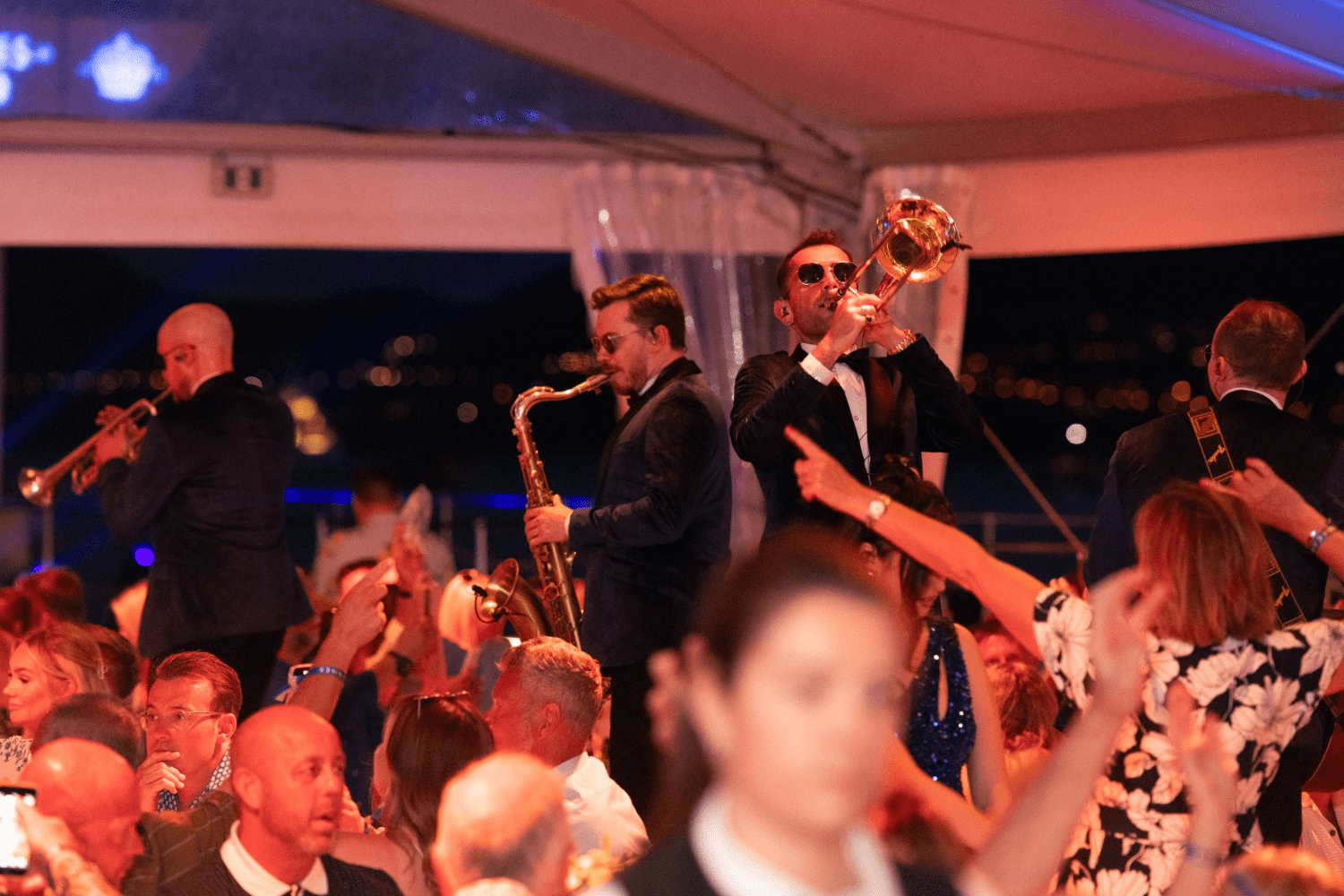
Why people are hungrier than ever for events
Live events are a highly effective tool for creating meaningful, human connections and driving a highly-sought after sense of belonging. When curated correctly, inclusive events can become spaces where people can learn and hone skills, take action over shared values and interests, and even escape from everyday life.
But at the heart of all of these different levels of attendee interaction is one fundamental component: human connection. And it’s something that we believe that the demand will continue to grow for over the coming year.
Behaviour signals and event trends: the growth of live experiences
This desire for human connection is what’s making events and experience still such a valuable tool for brands and marketers in 2025. This behaviour signal has been reflected across a multitude of different data points, including:
- In August 2023, the number of transactions related to live events in the UK was double what it was pre-pandemic in January 2020.
- In the first quarter of 2024, spending on events grew by 23% and by Q3 events were the second best performing media category.
- 78% of Europeans say spending on experience is usually, or always, worth it (Mastercard 2024)
- 63% of UK consumers say that instead of discussing something they’ve bought, they’d rather discuss something they’ve experienced (Barclays 2024)
Whilst these data points signal the growth of live events throughout 2025, businesses can’t use these insights as a guarantee that their event marketing strategy will create the right kind of audience engagement. Brands will still need to work strategically in order to stand out against their competitors, and present an event offering that communicates exactly what value people can unlock from your experience.
So what insights and event trends can brands harness in order to achieve this?
People are looking to escape
Against the backdrop of the cost of living crisis, political polarisation, and environmental issues, daily life is quickly becoming overwhelming for many people. To combat this constant stream of doom and gloom, people are responding by looking for new ways to escape. In particular, it seems that alternative, immersive realities are allowing people to find the support, networks, joy and human connection that real life is struggling to deliver.
Why events? Why not other forms of media for escapism?
Whilst other forms of media such as literature, TV, film, and social media will still offer people the chance to escape, not only are these sources becoming more inundated with the overwhelming facts of life people are trying to escape, they also lack the one thing that only live events can provide: authentic togetherness. It’s that extra dimension of human connection that people can only experience at a live event that is making them so sought after.
However, people want meaningful and personalised escapism
With the rise of phenomena such as ‘brain rot’ (a term that grew in usage frequency by 230% between 2023 and 2024) and the constant tide of trivial content online, people are looking for new, more profound ways to escape the noise. In addition to bringing more depth to attendee experiences, brands also need to stop thinking that they can control each individual’s event experiences. The true connection happens when brands act as facilitators, then let attendees co-create their own event experiences.
To discover the emerging behavioural signals across different generations in 2025, join our mailing list and be the first to access exclusive content. We'll be sharing data-driven insights and resources to help your brand build meaningful connections with your audience.
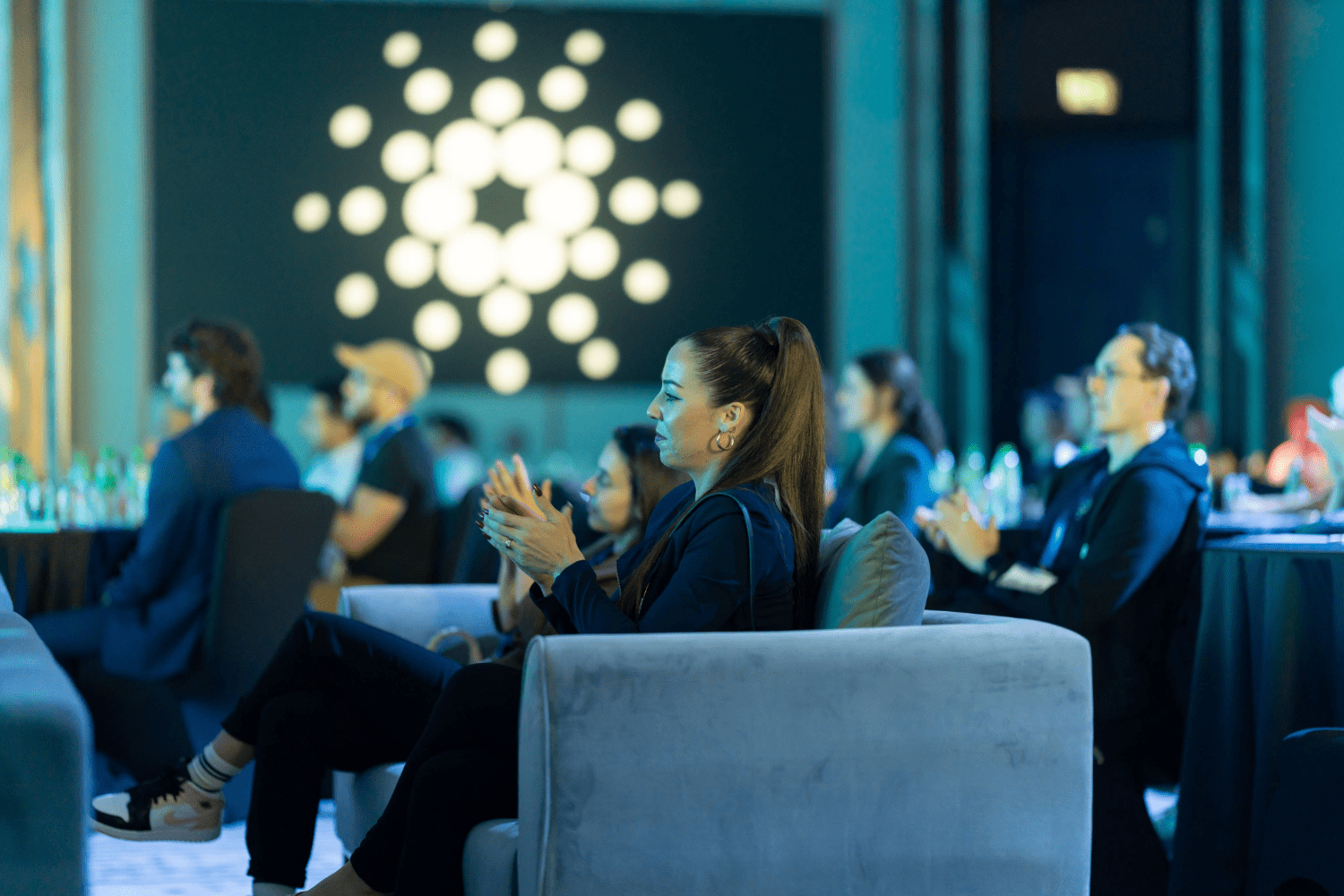
The rise of generational lenses: creating events that resonate across ages
Using wide-scale campaigns and activities to appeal to specific individuals en mass is at the heart of targeted and event marketing strategies. By creating experiences that feel tailored to the attendees in the room, people will leave with a human connection to your brand, forged through authentic and personalised event experiences.
In order to apply this attendee-focused approach to their strategies and event experiences, generational and age-group based data is one of the resources marketers can use to get a deeper understanding of their audiences.
But how can brands capitalise on the kind of truly personalised, human connections that come from understanding an individual, rather than just a wider demographic?
How can you target your event marketing strategies to create live event experiences that appeal to people, not just generalisations?
This can be achieved by applying a generational lens to your event design process.
Generational Lenses: Understanding the Why behind the What
The social, historical and economic forces that affect each generation are widely studied, with phenomena such as Generational Cohort Theory explaining how shared historical events and even birth years can influence the psychological and sociological characteristics of each generation. But what we are still grappling to understand is how this drives their thoughts, feelings and emotions.
Brands need to recognise and bridge these gaps that exist both within generations, and across generations, in order to foster cross-generational understanding and create live events that facilitate meaningful, human connections.
The Benefits of a Generational Framework
Using a generational framework for a brand event strategy brings a scalable approach, and can be an effective way for brands to align themselves with broader event trends. Not only is this conducive to drilling down into more specific attendee details, such as roles or interests, it also increases efficiency of marketing strategies, without sacrificing personalisation. By bringing a wide-lens approach to generation based marketing strategies from the start, brands can save time and resources when creating audience engagement strategies and content, specifically designed with greater audience relevance in mind.
Harnessing generation-based data
For marketers, it’s about more than just boxing people into stereotypes, but instead using these data-driven foundations to pick out shared motivations, needs, and wants, using these to foster event experiences that truly resonate. But in order to do this, brands need that rich data. They need those intelligence-led insights into what their audiences are interested in, and most importantly, why.
Creating connections within and across generations
To really bring people together through the power of events, marketers need to look beyond their stereotypes and create live events where multiple generations can find common ground, and experiences that they can share and connect over and that change their lives. In doing so, brands can create lasting relationships that span generations and are driven by a shared purpose.
Generational lenses aren’t shortcuts but rather a way to build audience engagement and develop meaningful events with a bigger picture in mind.
To discover the emerging behavioural signals across different generations in 2025, join our mailing list and be the first to access exclusive content. We'll be sharing data-driven insights and resources to help your brand build meaningful connections with your audience.
Heading Here
Lorem ipsum dolor sit amet, consetetur sadipscing elitr, sed diam nonumy eirmod tempor invidunt ut labore et dolore magna aliquyam erat, sed diam voluptua. At vero eos et accusam et justo duo dolores et ea rebum. Stet clita kasd gubergren, no sea takimata sanctus est Lorem ipsum dolor sit amet.
Heading Here
Lorem ipsum dolor sit amet, consetetur sadipscing elitr, sed diam nonumy eirmod tempor invidunt ut labore et dolore magna aliquyam erat, sed diam voluptua. At vero eos et accusam et justo duo dolores et ea rebum. Stet clita kasd gubergren, no sea takimata sanctus est Lorem ipsum dolor sit amet.

